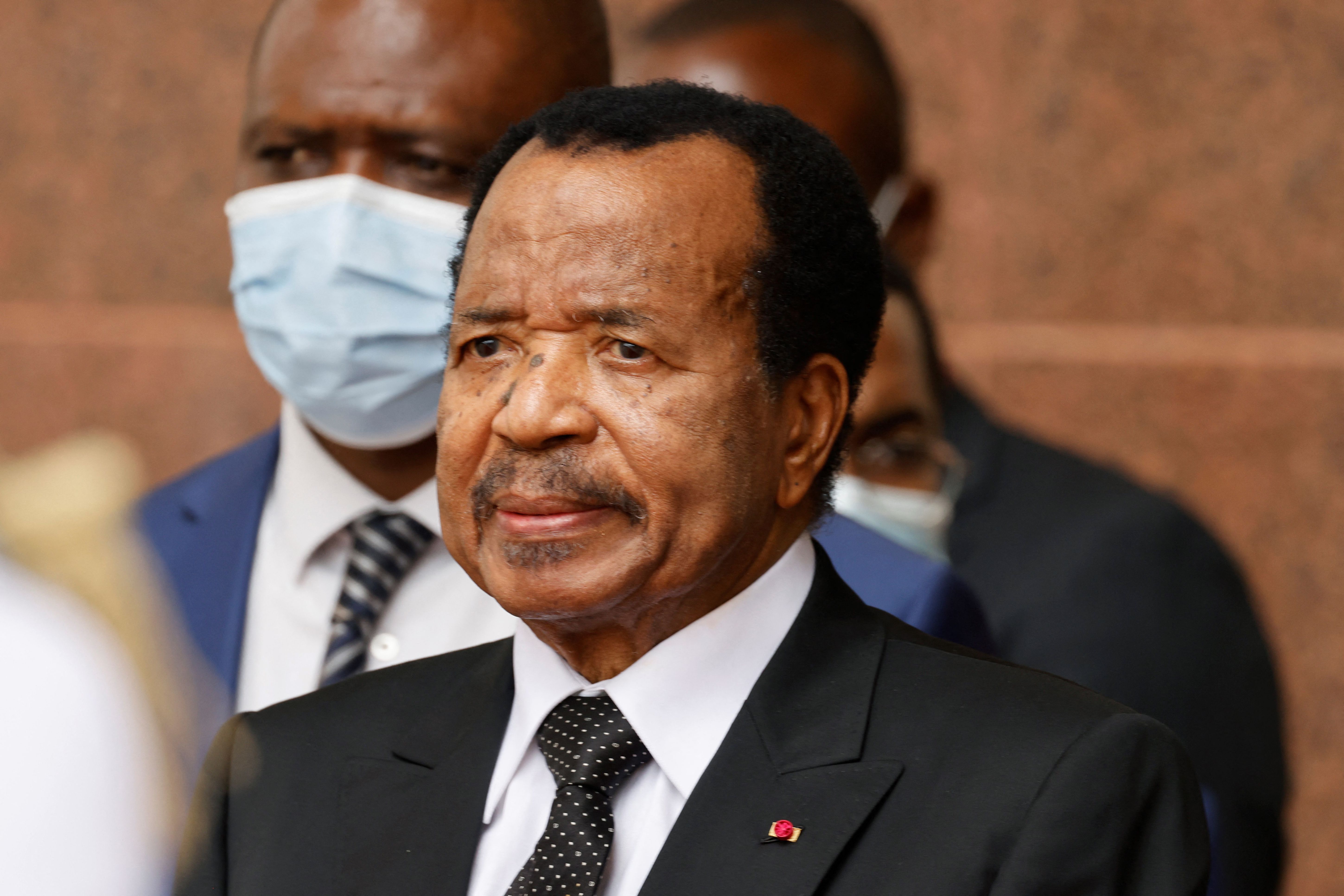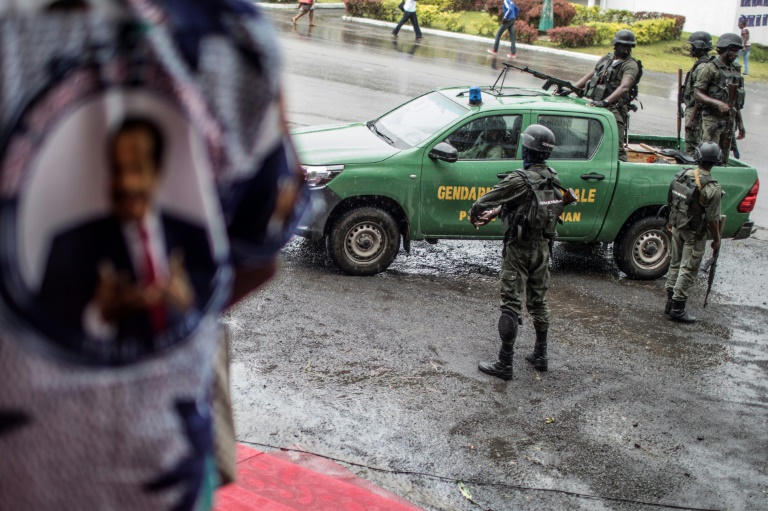
The world’s oldest head of state, 92-year-old President Paul Biya of Cameroon, has carried out a major military reshuffle in what analysts describe as a strategic bid to consolidate loyalty ahead of a possible eighth-term run.
- Cameroon’s President Paul Biya initiated major military reshuffles amidst succession concerns.
- Changes include appointments in all branches of armed forces and promotions of senior officers.
- The reshuffle serves as a strategy to consolidate loyalty before an eighth-term election bid.
The sweeping changes come amid intensifying domestic criticism over Biya’s prolonged hold on power, concerns about his health, and growing uncertainty over succession.
The government announced the overhaul earlier this week, replacing several top-ranking military and intelligence officials.
According to a Reuters report, the changes affect nearly all branches of the armed forces, including new appointments for the chiefs of staff of the infantry, air force, and navy. Eight brigadier generals were also promoted to the rank of major general.
Among the promoted officers is the coordinator of the elite Rapid Intervention Battalion (BIR), a powerful special forces unit central to Biya’s personal security and often deployed in counter-terrorism operations.
The reshuffle also includes the appointment of a new special presidential military adviser, signaling tighter control over the presidency’s security structure.
Biya’s challengers emerge
About eight candidates have so far emerged as notable challengers to President Paul Biya in Cameroon’s 2025 presidential election.
Among them is Maurice Kamto, leader of the Cameroon Renaissance Movement (MRC), whose 2018 bid sparked widespread protests amid allegations of electoral fraud.
Another prominent contender is Cabral Libii, head of the Cameroon Party for National Reconciliation (PCRN), who is appealing to younger voters and presenting himself as a generational alternative to Biya’s decades-long rule.
The growing list of presidential hopefuls reflects rising public demand for democratic change after more than 40 years of Biya’s leadership.
Biya’s 43 year hold on power
Cameroon’s President Paul Biya has held a tight grip on power for 43 years, making him one of the world’s longest-serving and oldest leaders.

Since assuming office in 1982, Biya has governed through a blend of authoritarian control, elite patronage, and unwavering support from a loyal security apparatus, successfully navigating domestic unrest, global scrutiny, and ongoing succession concerns.
His recent announcement that he will seek an eighth term in the October 12 presidential election came just two days before sweeping military reshuffles were made public.
Analysts view the shake-up as a calculated move to tighten control over the armed forces and suppress any signs of internal dissent ahead of the 2025 elections.
The changes are also seen as a precaution against possible coup attempts, amid a wave of military takeovers that have reshaped the political landscape in parts of Africa.
How Biya’s absence stirred coup fears
President Paul Biya’s prolonged absence from Cameroon in September last year, reportedly for medical treatment in Geneva, triggered intense public speculation and political anxiety. For nearly two months, the 92-year-old leader remained out of sight, with no official updates on his condition.
This information vacuum fueled widespread rumors of a possible coup attempt or internal power struggle among the country’s elite.
While the government maintained silence, unverified reports spread across social media and diaspora platforms, suggesting that factions within the military and political circles were exploring a potential leadership transition.
Some outlets even hinted at palace coup attempts, though no formal evidence or confirmation ever surfaced.












